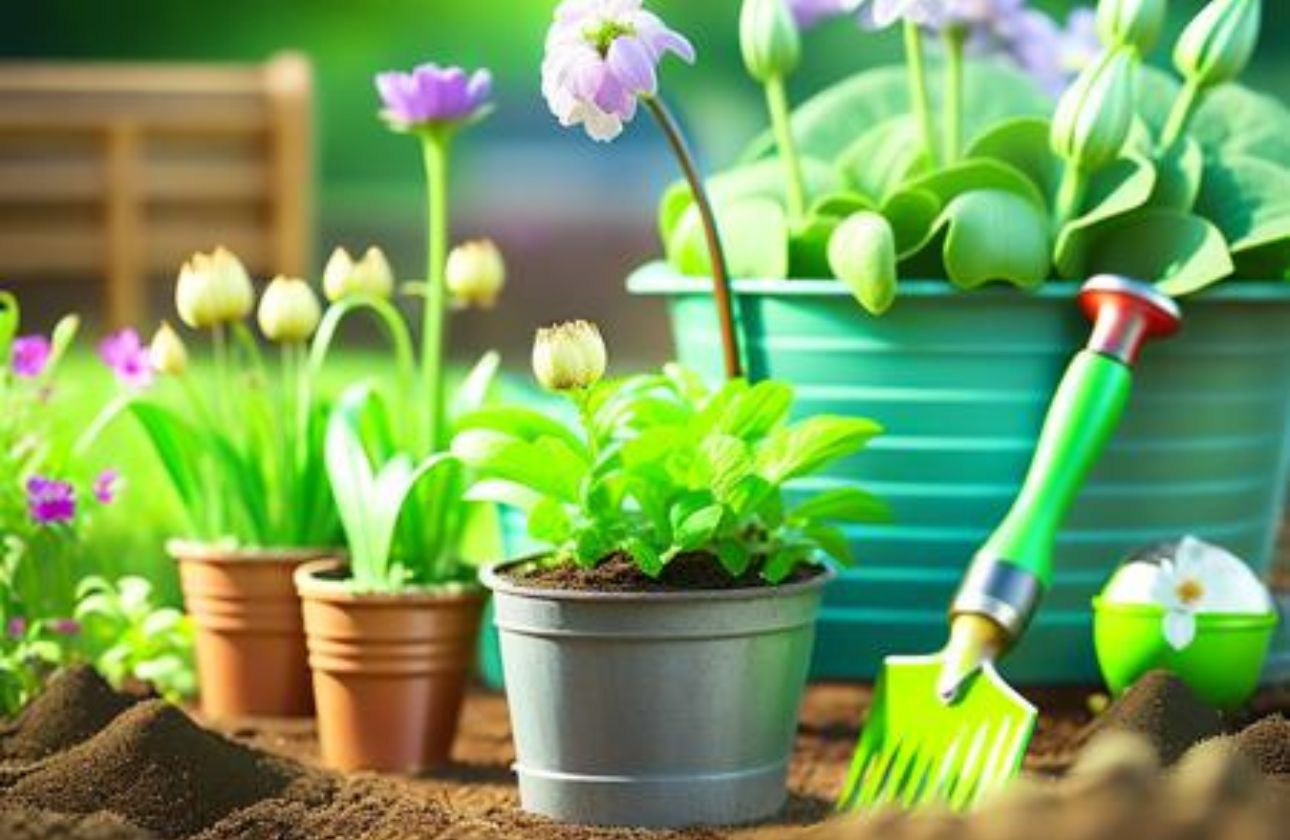Unlocking the Secrets of Successful Gardening
Gardening is more than just a hobby; it’s a way to connect with nature, beautify your surroundings, and even grow your own food. Whether you’re a seasoned gardener or a beginner, achieving a thriving garden takes more than just planting seeds. Here, we’ll uncover the secrets to successful gardening that will help you nurture a lush and vibrant garden all year round.
1. Start with the Right Soil
Healthy soil is the foundation of a successful garden. Conduct a soil test to understand its pH level and nutrient content. Add compost or organic matter to enrich your soil and improve its texture, ensuring it’s suitable for the plants you want to grow.
2. Choose the Right Plants
Select plants that are well-suited to your climate, soil type, and sunlight availability. Native plants or those adapted to your region often require less maintenance and are more resistant to local pests and diseases.
3. Water Wisely
Overwatering or underwatering can harm your plants. Water deeply but less frequently to encourage deep root growth. Use mulch to retain soil moisture and reduce evaporation, especially during hot weather.
4. Embrace Companion Planting
Companion planting is the practice of growing plants that benefit each other side by side. For example, marigolds can deter pests from vegetables, while beans can enrich the soil with nitrogen for other plants.
5. Control Weeds Regularly
Weeds compete with your plants for nutrients, water, and sunlight. Regularly remove them by hand or use natural weed suppressants like mulch. Avoid using chemical herbicides, which can harm beneficial soil organisms.
6. Pay Attention to Pest Control
Encourage natural predators like ladybugs and birds to keep pests in check. Use organic solutions like neem oil or homemade sprays made from garlic and soap to combat infestations.
7. Prune and Deadhead
Pruning promotes healthy growth and helps plants maintain their shape. Deadheading, or removing spent flowers, encourages plants to produce more blooms instead of seeds.
8. Fertilize Responsibly
Feed your plants with organic fertilizers or compost to provide essential nutrients. Avoid over-fertilizing, as this can lead to nutrient imbalances and harm plant health.
9. Practice Crop Rotation
For vegetable gardens, rotate crops each season to prevent soil depletion and reduce the risk of pests and diseases specific to certain plants.
10. Enjoy the Process
Gardening is as much about the journey as the results. Take time to enjoy the process, learn from your experiences, and don’t be afraid to experiment.




Comments (0)